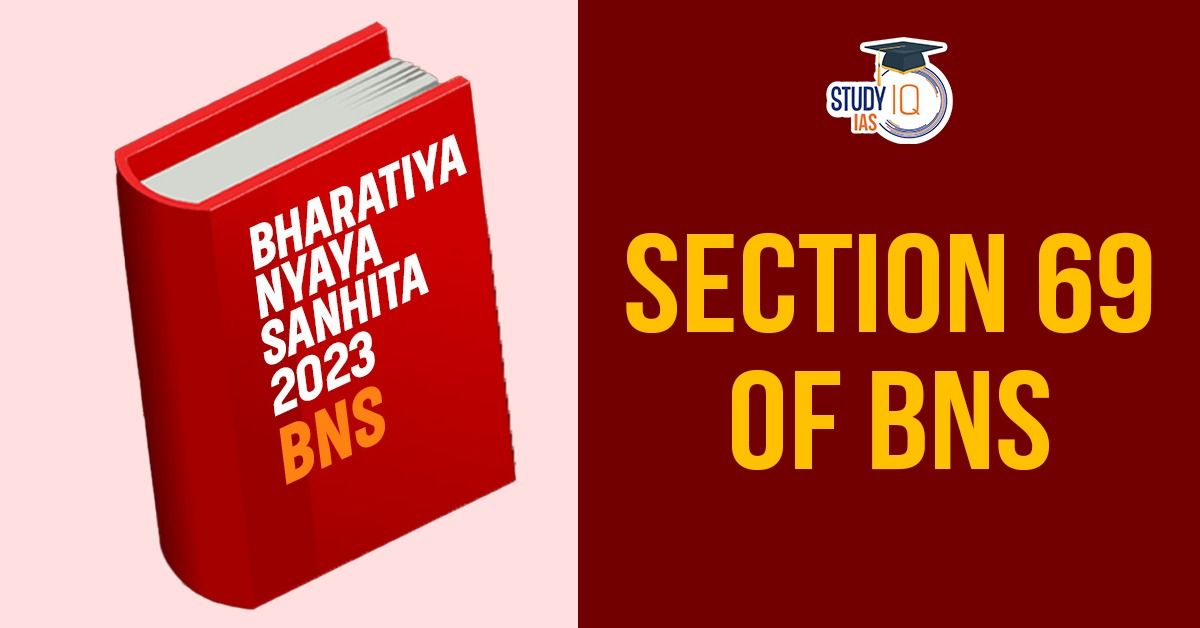Table of Contents
Section 69 of the Bhartiya Nyaya Sanhita (BNS) refers to the Indian Penal Code, 2023, which has replaced the Indian Penal Code, 1860. The specific provisions under Section 69 of the BNS will depend on the section’s subject matter as codified in this updated law.
Section 69 of Bhartiya Nyaya Sanhita (BNS)
- Section 69 criminalizes sexual intercourse under the following:
- False promises of marriage without intention to fulfil them.
- Promises of employment or promotion.
- Deception by identity suppression.
- Punishment: Up to 10 years of imprisonment and/or a fine.
- Category: Classified under Chapter 5 of the BNS, covering “Offences Against Women and Children” under sexual offences.
Key aspects of Section 69 include:
- Definition of the Offense: Engaging in sexual intercourse by deceitful means, such as promising to marry without intent to fulfill the promise, is criminalized. This also includes misrepresenting identity to obtain consent.
- Punishments: The law prescribes imprisonment for up to 10 years and a fine for individuals convicted under this section, even if the act does not qualify as rape under stricter legal definitions.
- Broad Scope: The provision also applies to false promises of employment or promotion as a means of deceitful exploitation.
This section aims to address forms of exploitation that previously fell into legal gray areas under older laws. However, it has also attracted criticism for potentially reinforcing patriarchal norms, restricting interpersonal relationships, and leaving some aspects ambiguous in interpretation
Criticism of Section 69
- Gender Bias:
- Perceived as discriminatory as it assumes that women lack the ability to make independent decisions in sexual matters.
- The law does not account for situations where men might be deceived or coerced.
- Legal Ambiguities:
- Challenges in proving a verbal promise or intent to deceive.
- Risk of misuse to settle personal scores.
- Regressive Implications:
- Ignores the evolving dynamics of modern relationships, including live-in partnerships.
- Excludes LGBTQ+ relationships, raising constitutional concerns.
- Concerns from Parliamentary Report:
- A report by the Rajya Sabha in 2022 highlighted that Section 69 could infringe on individual privacy and autonomy.
- It also warned that the vague definitions in the law might reinforce gender stereotypes and lead to difficulties in its enforcement.


 Article 142 of Indian Constitution, Sign...
Article 142 of Indian Constitution, Sign...
 Pakistan-Occupied Kashmir (PoK): History...
Pakistan-Occupied Kashmir (PoK): History...
 Fundamental Rights of Indian Constitutio...
Fundamental Rights of Indian Constitutio...





















